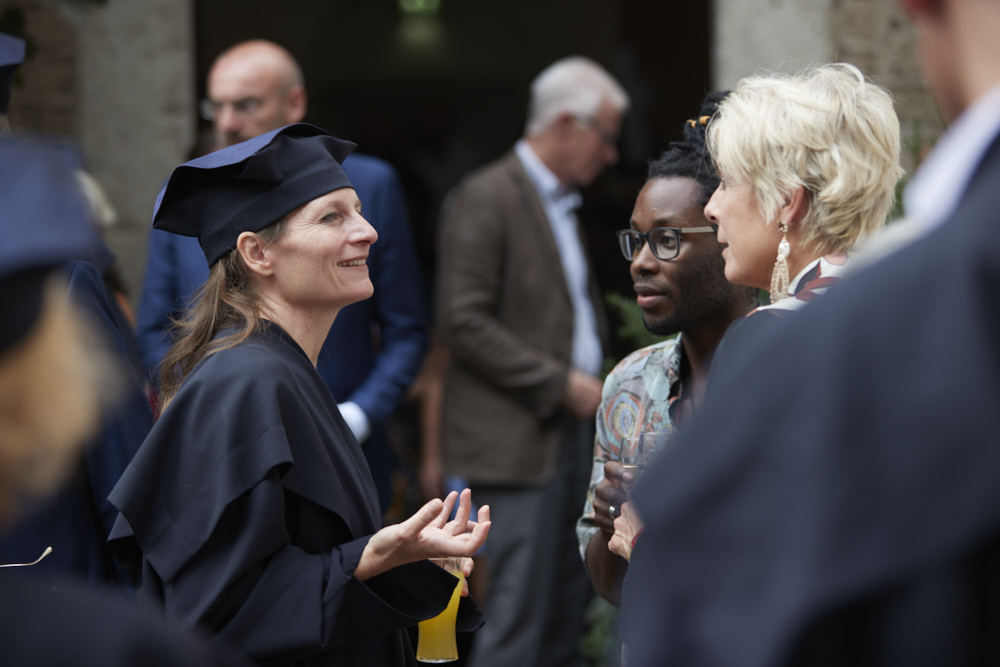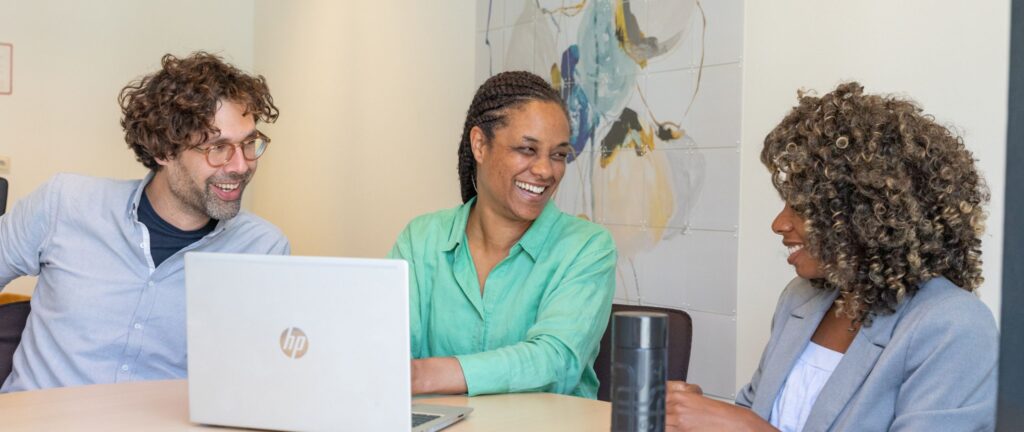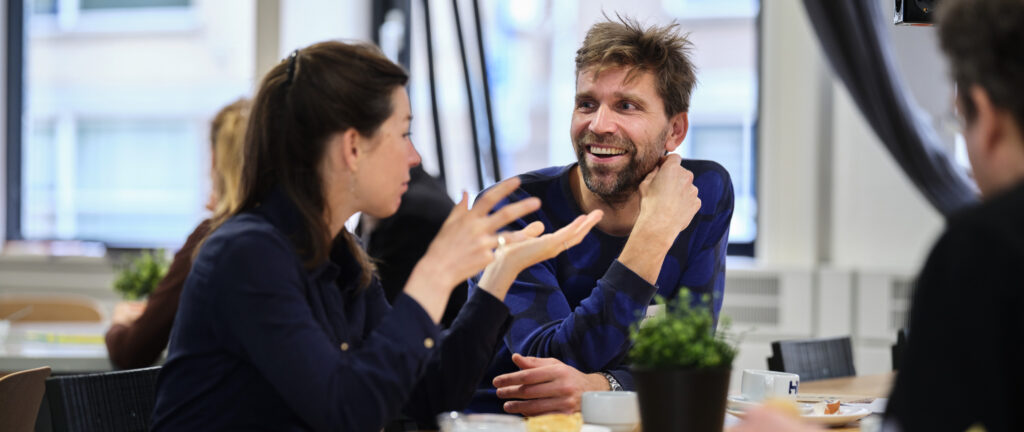Iris R. Wierstra
PhD candidate

- i.wierstra@uvh.nl
- Title
-
Drs
- External positions
-
from 1 January 2019Researcher spiritual care in healthcare,Tilburg UniversityAdvisor on social support (Wmo adviseur),Municipality of Delft
Profile
Iris Wierstra studied cultural anthropology and development studies and obtained her research masters’ degree in social and cultural sciences at the Radboud University in Nijmegen. After her studies she worked as an advisor on social support (Wmo adviseur) at the municipality of Delft. Currently since 2019, she works as a researcher at the University of Humanistic Studies and for Tilburg University (School of Catholic Theology).Currently, Iris works for the University of Humanistic Studies on an action research about the attention for meaning in health care. The purpose of this research is to achieve a lasting change in healthcare in which the attention for meaning becomes a shared responsibility of all caregivers and in which there is a clear profile of spiritual caregivers/counsellors that is visible and identifiable in the organisation. Besides this research, she works as a researcher for Tilburg School of Catholic Theology (Tilburg University). Here she works on designing, implementing and testing an intervention for spiritual caregivers in the first line, palliative care.
During her studies, her research was about religion and meaning in multicultural and multireligious settings/societies. Her master research was about the lived religion among refugees from diverse backgrounds in the Netherlands and how their lived religion supports the integration process and feeling of home and belonging.


